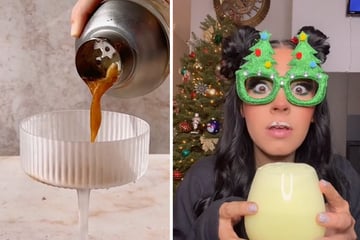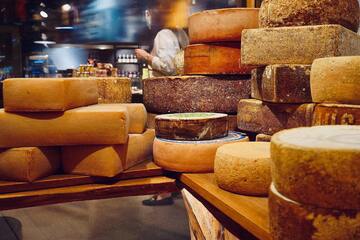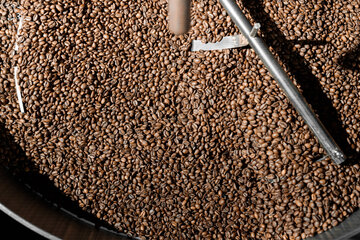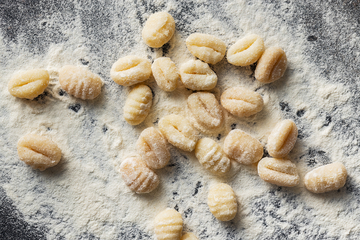National Drink Wine Day: How to make homemade wine... the easy way!
Happy National Drink Wine Day! With a nice wine in hand and a delicious, hearty meal on the table, life seems a bit more sweet. What if you run out of it, though, what is there to do? Here's how to make homemade wine the easy way, so that you'll never run out.!
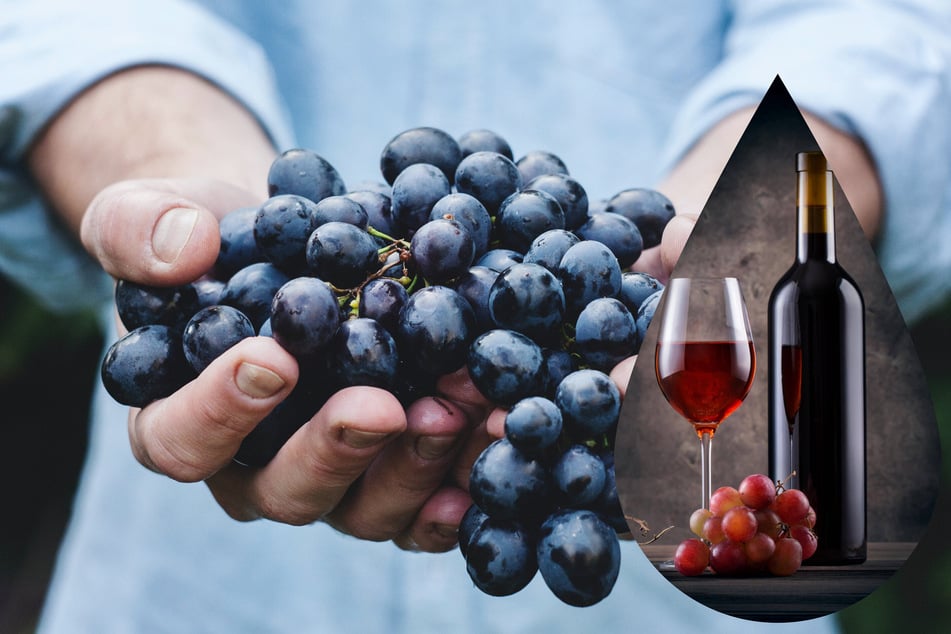
The pallet of a good quality red wine is one of the most complex things you'll ever taste.
But: Is homemade wine an option? How complicated is it to make on your own?
Here's a guide on how to make wine at home from grapes, for the adventurous drinkers among us.
Is it difficult, and what should you know about making homemade wine?
Here's a recipe, info, and some tips and tricks below!
Should you make your own wine at home?
This is a bit of a difficult question to answer, and by no means simple. While there are many benefits to homemade wine (it's fun and rewarding to make, it can taste pretty good), it also comes with its difficulties.
For starters, making your own wine can be a long, complicated, and expensive process. While it's certainly enjoyable and rewarding, the equipment that you are going to need, the fancy grapes that are required, and the wine-making kit you may purchase are in themselves a big reason to not make homemade wine.
Unless you seriously mess up, making your own wine isn't going to be dangerous. Sure, you could get food poisoning or a bit of a stomach ache, but it won't be anything too serious!
In the end, whether you should or should not make homemade wine is entirely dependent on how much you enjoy these kinds of hobbies. Do you want to put your heart and soul into something, and spend lots of time on it? If the answer is yes, then maybe you should try it out!
How to make homemade wine
The thing about making wine is not that you need a ton of expensive ingredients, but rather that you need a lot of expensive equipment. Don't expect to be saving money by making your own wine – it'll take a lot of bottles before you're going to break even! So, what is it that you need?
Here's everything you will need to make wine at home:
- One high quality food-safe bucket with a lid, approximately 4–5 gallons
- As many wine bottles as you need for the amount you are making
- Wine corks that fit your bottles, one for each bottle
- A plastic funnel that will fit in the mouth of the glass bottles
- Hydrometer
- A number of glass jugs (enough for the amount of wine), 1 gallon
- Fermentation traps
- Rubber corks to seal each glass jug
- Some kind of strainer, whether that is a cheese cloth or a made-for-purpose mesh
- A corker, to seal your wine bottles at the end
Hot tip: Let's be real, this all looks rather complicated, doesn't it? We would recommend buying a full home-wine-making kit instead of going for each of these devices individually. That way you are guaranteed the right equipment, to the right degree of quality.

How to make wine | Ingredients
So what do you need to make wine? Well, the first trick to crafting up some vino is to consume something made from the right type of grape. No, you can't run down to your local Walmart and buy a bunch of grapes. They might be great for a summer's day picnic, but they'll make nasty wine!
Here are the key ingredients for making wine:
- Wine grapes, 60–75 pounds
- Filtered water
- Sugar
- Wine yeast
What about the proportions? Well, 60–75 pounds of grapes will make a good amount of wine (about 25 standard wine bottles), but we won't give you specific numbers on the other ingredients. Water is there to add liquid if you lose too much, and sugar is there to add in if hydrometer readings are too low. Wine yeast? Look at the packet instructions and decide based on the quantity.
How to make wine | Instructions
Making wine is a long and complicated process. We will provide you with a very brief overview, but it's best to go and do a wine-making course so that you can avoid common mistakes and make a semi-decent bottle.
Here's a brief description of how to make homemade wine:
Step 1: Make sure to sterilize all of your equipment thoroughly. Wash your grapes extremely thoroughly and make sure to remove all the stems.
Step 2: Crush your grapes into the big plastic tub, either using your feet or your hands to press all the juice out of them.
Step 3: Collect all the grapes and put them in your cheese cloth or proper strainer, and try to squeeze as much of the juice out of it as you can.
Step 4: Add the wine yeast into the juice and then measure the sugar levels, if it is too little (less than 1.0), add a bit of sugar until the problem is resolved.
Step 5: Cover the container and allow the juice to ferment for ten days.
Step 6: After this first process is done, strain the liquid again to remove any sediment and all the froth. Drain this liquid in to the glass jugs with the funnel.
Step 7: Seal the containers and allow them to ferment for 2–3 weeks.
Step 8: Repeat this step 3–5 times (over the course of 3-4 months), each time straining your wine again and again to remove any sediment that is still inside.
Step 9: Use the funnel again to pour the wine into bottles. Cork the bottles and store the sealed bottles upright for about a week.
Step 10: Age the wine, with the bottles on their side, for at least 1.5 years for red wine or at least 6–9 months for white wine.
Challenges of brewing wine at home
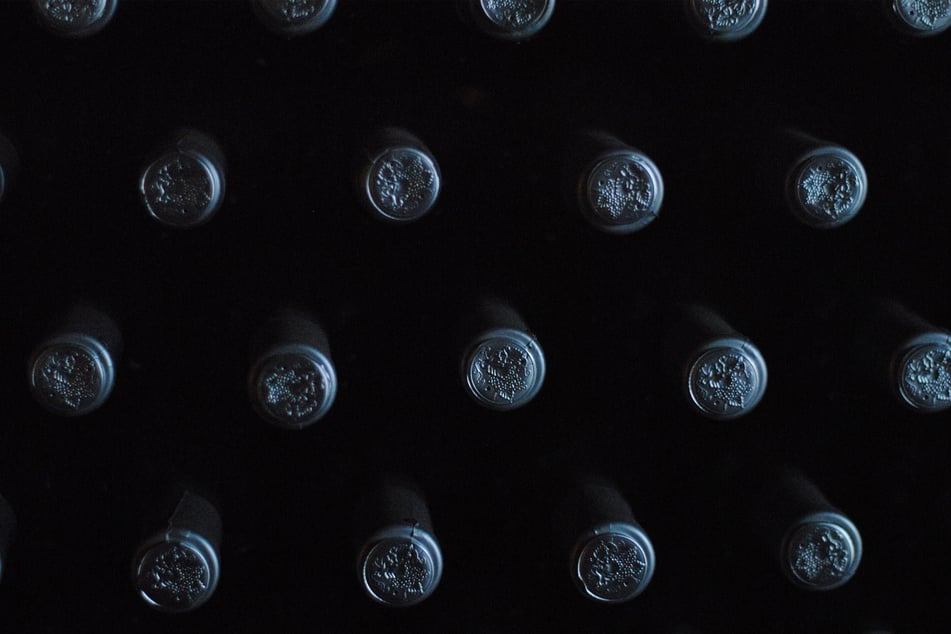
Winemaking can be a tedious slog, with a ton of different challenges to overcome. You can easily produce nasty tasting wine - it'll usually get the job done alcohol-wise, but it won't please the pallet. Let's go through a few of the most common mistakes and challenges when making wine at home.
Some of the biggest challenges when making wine can include:
- Problems with fermentation due to a lack of oxygen, nutrients, or a variety of other reasons.
- The wrong color emerges due to oxidation or filtration that has been done incorrectly.
- Vinegar-like smells due to being exposed to air.
- Sulfur scents due to bad yeast or the overuse of yeast.
- Fizziness due to residual CO2 or poor fermentation
- Bad taste due to grapes that are wrong or off, a bad process, mistakes, and a variety of other reasons.
- Smell of mold due to corking or a reaction with the containers.
It's important to be relatively careful, and if your wine tastes truly awful, don't have too much. Instead, toss it out and try again! It's a learning process and not worth upsetting your stomach over.
How is wine made commercially?
Commercial wine making has a number of standard steps, but is more or less the same as domestic wine making. The main difference is in the quality of the grapes, the scale of the production, and the equipment itself. On top of that, high-quality wine will often use wooden barrels for aging, which is something we haven't done in this recipe.
Here are the basic steps of commercial wine-making:
- Test the grapes to make sure they are the correct ripeness and flavor
- Harvest the grapes en masse
- Crush the grapes and destem
- Fermentation
- Racking
- Aging
- Blending
- Bottling and sale
These steps will all be followed slightly differently by different winemakers, and there are various differences depending on what kind of wine is being made.
Can homemade wine from grapes be good?
The quality of your homemade wine will entirely depend on the equipment you have, how skilled you are at the methodology, and the ingredients you use. As a result, while homemade wine will rarely be as good as expensive commercial wine, it can still be incredibly flavorful and tasty.
Making your own wine at home is certainly worth trying, but not based merely on price or taste. Instead, homemade wine is worth it as a fun and engaging hobby that might yield interesting results.
Cover photo: Maja Petric / Unsplash (Left) & IMAGO / Panthermedia (Right) & TAG24 Edit
